Bellevue Reporter
By Sens. Joe Fain, Andy Hill, Steve Litzow and Rodney Tom
Two weeks ago we joined a bipartisan majority of state senators to present a long-term sustainable budget that doesn’t spend more money than the state expects to collect. This proposal not only addresses the remaining 16 months left in the current two-year budget cycle, but also the next two-year budget cycle through mid-2015. Families and small businesses face serious consequences if they do not live within their means and plan for the future; state government is no different.
We represent our constituents with the shared belief that education is the single most important part of maintaining and improving our state. Since the initial Senate budget proposal, we have worked to restore not only all basic-education funding but also other key services as well.
One of the programs for which we have been able to restore funding is called Working Connections Child Care; it helps educate our youngest children while allowing their parents to pursue their own education or work goals putting them on a path to self-sufficiency.
Like many of you, we were concerned about the education-policy changes in the initial budget, but we also knew those concerns would be addressed before a final budget was approved. Despite the silence due to the lack of cooperation during negotiations, we have taken it upon ourselves to not waste time and instead used this past week to create solutions.
On Thursday morning, alongside many of our Senate colleagues, we released a new budget that addresses the concerns we had regarding support for education and programs that aid the most vulnerable. This updated Senate proposal is a viable approach that prioritizes long-term sustainability and restores all K-12 and higher education funding without making cuts to basic education or levy-equalization payments, which keeps K-12 and higher education intact.
The last thing our schools or colleges need is a shortsighted approach that guarantees yet another budget deficit next year. The House proposes to invent a “13th month” for accounting purposes and shove all our problems there. If that plan were approved, we would be looking at a projected $2.1 billion shortfall next year. A deficit of this magnitude would pose a dangerous threat to basic education and devastate higher education. We are working together to shield the next generation from these attacks on their future.
We are dismayed with the gridlock in budget negotiations; that’s why we stepped forward with a willingness to listen and lead. The House’s refusal to consider our initial proposal has left us perplexed and disappointed. It is our hope that this new bipartisan plan will finally bring about a desire to work together.
We are firmly committed to delivering a budget that protects education and allows our state to live within its means now and in the future. We are confident that both chambers will work together to create a bipartisan plan a majority of lawmakers can support – a plan in which Washington residents can have confidence and one that still pursues the public’s core priorities, even during times of economic uncertainty.
Sens. Joe Fain (R-47), Andy Hill (R-45), Steve Litzow (R-41) and Rodney Tom (D-48), serve on the Senate Early Learning and K-12 Education Committee, with Litzow as the ranking minority member. Sen. Tom chairs the Senate Higher Education Committee with Sen. Hill as the ranking minority member.

